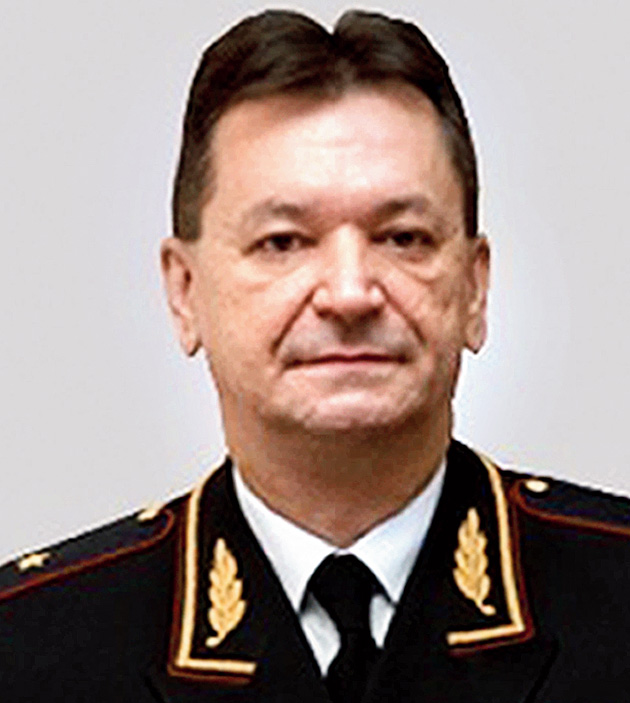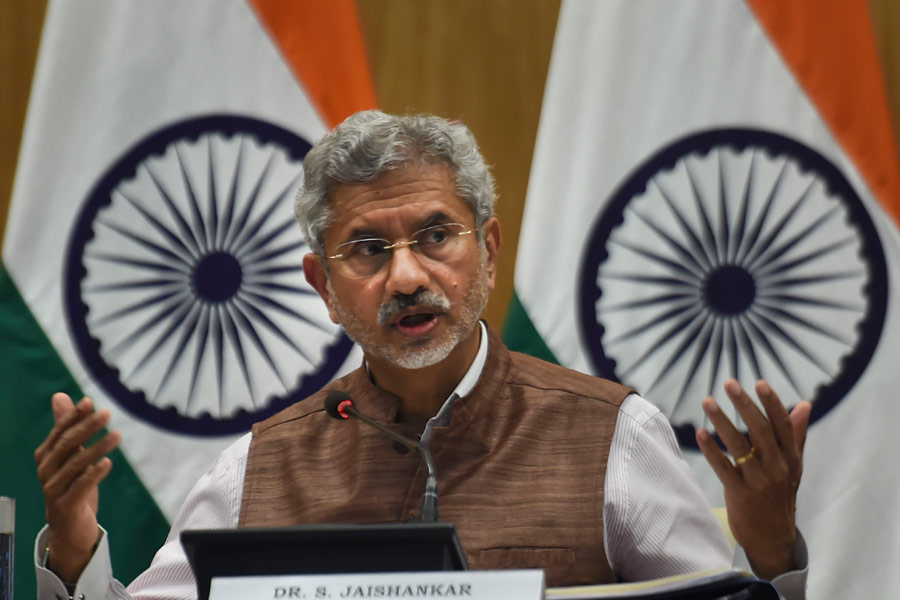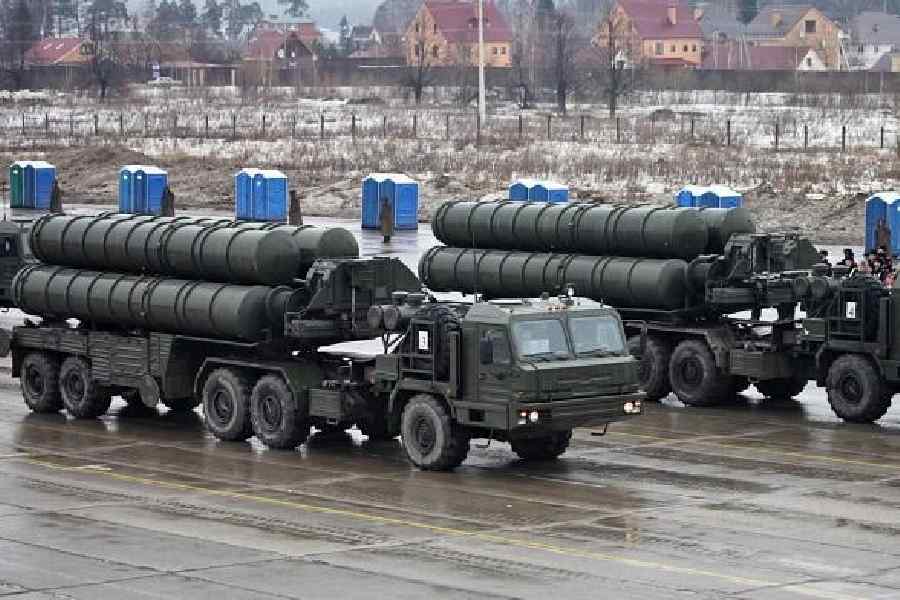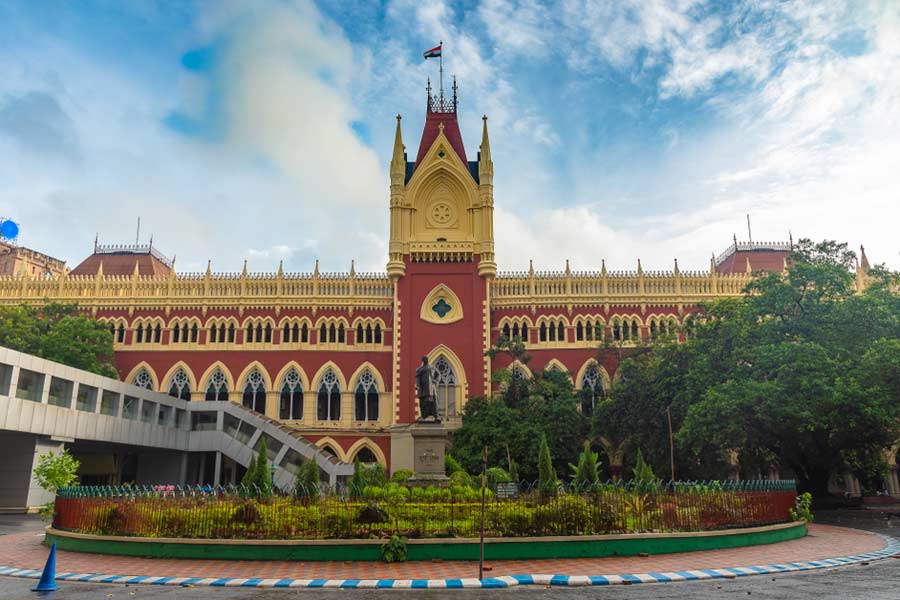Interpol elected a South Korean police veteran as its next president on Wednesday, in the face of pressure from western diplomats who said choosing the Russian candidate who had been considered the front-runner could jeopardise the independence of the world’s largest international policing organisation.
The South Korean, Kim Jong-yang, was elected at Interpol’s annual conference in Dubai, the group announced on Twitter. Elections are held in secret and require a two-thirds majority. No country has a veto.
American and European officials were lobbying behind the scenes early this week to prevent a senior Russian security official, Aleksandr V. Prokopchuk, from winning the organisation’s presidency. The Russian government has tried for years to use Interpol and its global police network to track down and arrest political enemies and dissidents living abroad.
Human rights groups said that electing Mr. Prokopchuk would be seen as rewarding the Kremlin for those efforts. They warned that it would undermine confidence in Interpol and make it susceptible to political interference.
That turned Wednesday’s vote into an unusually closely watched diplomatic event. The Kremlin accused its adversaries of meddling in the elections of an independent international body, while opponents countered that Russia was trying to hijack Interpol.
That tense back-and-forth came at a difficult time for Interpol, which has faced controversy over its handling of the disappearance in September of its president at the time, Meng Hongwei of China. The Chinese government later produced a resignation letter in his name and acknowledged that it had secretly arrested him on unspecified corruption charges.
Interpol’s tepid response to that highly unusual action sparked criticism that it was too quick to yield to influence from an authoritarian government.
Yang has served as interim president of Interpol since Meng’s disappearance. Prokopchuk has served as a vice-president and is well regarded by his colleagues.
But Prokopchuk has also worked for more than a decade in a Russian department that has flooded Interpol with requests for international warrants, known as red notices, seeking the arrest of political dissidents and others.
Interpol has rejected requests that it viewed as baldly political, but the Russian government has at times found workarounds by seeking a different type of warrant, known as a diffusion. Diffusions are circulated through Interpol but do not get reviewed there.
The investor Bill Browder, one of the highest-profile Kremlin critics, is the most public target of this effort. The Russian government has repeatedly sought his arrest. Early this year, he live-tweeted his detention in Spain on a warrant issued out of Moscow.
On Tuesday, Browder held a news conference in London and warned that President Vladimir V. Putin of Russia was trying to use Interpol to intimidate his opponents.
“This is a perfect way for Putin to basically breathe the fear of God into all of his enemies,” he said. “So they know they can’t even escape Russia if one of his guys is at the head of Interpol.”
The presidency is in many ways a ceremonial position at Interpol, where executive power is held by the group’s secretary general. Former Interpol officials said that if he had become president, Prokopchuk would have had little ability to influence the issuance of red notices.
Interpol, despite its portrayal in spy movies, has no power to investigate crimes or make arrests. Instead, it functions as a sort of UN for police organisations and a clearinghouse for the circulation of law enforcement tips and data.
New York Times News Service

Aleksandr V. Prokopchuk AP










